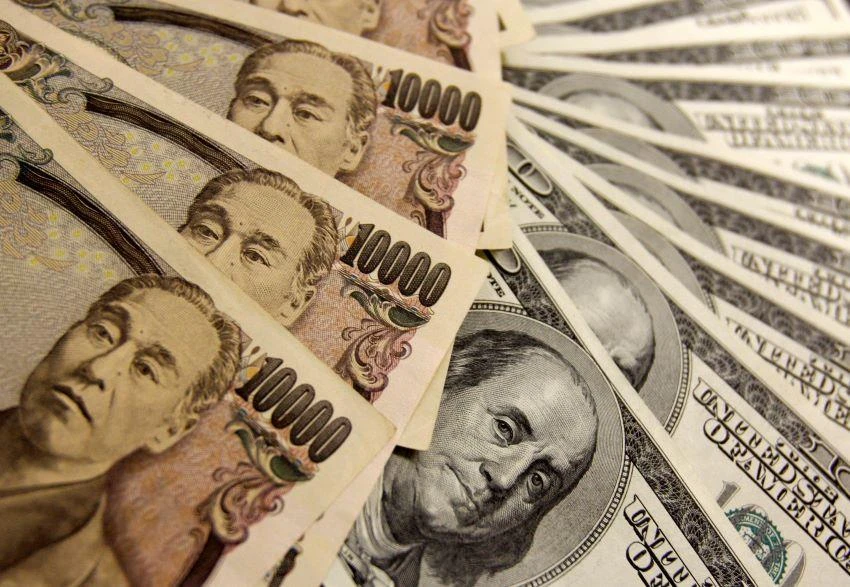
Japanese police have uncovered a record number of money laundering cases, some of which involved international criminal networks using bank accounts in the country, a new report shows.
Incidents of money laundering rose about 40% on the year to 511 in 2018, topping 500 for the first time in data going back to 2000, according to the 2019 police white paper published Monday.
"International money laundering is rampant," according to the report.
In one case, Nigerian suspects withdrew roughly 37 million yen ($340,000) from a bank account in Japan after the money had been transferred as part of a U.S. scam.
Because Japan is home to many small and midsize companies that make frequent overseas transactions, "criminal organizations may see the country as an easy place to disguise illicit profits," a police source said.
A sharp increase was seen in suspicious activity involving cryptocurrencies. Exchanges handling the currencies reported more than 10 times as many suspected incidents of money laundering and illicit profits as in 2017, according to the report.
Members of organized crime accounted for 12.7% of all money laundering cases.
The most common crime connected with money laundering was theft, which was tied to 37.3% of the cases. Fraud followed at 31.7%.
In a case targeting Seven-Eleven Japan's new mobile payment service, two Chinese nationals were arrested this month in Tokyo on suspicion of using stolen account information to buy goods at the convenience store chain, a unit of Seven & i Holdings. Japanese law enforcement suspect the involvement of international criminal groups in China.
"We intend to strengthen cooperation with overseas investigative authorities," a spokesperson for the National Policy Agency said.
The agency has frameworks in place for sharing data with financial information units in more than 100 national and regional jurisdictions. Japan has also sent staff to the Paris-based Financial Action Task Force to increase international coordination against money laundering.




















